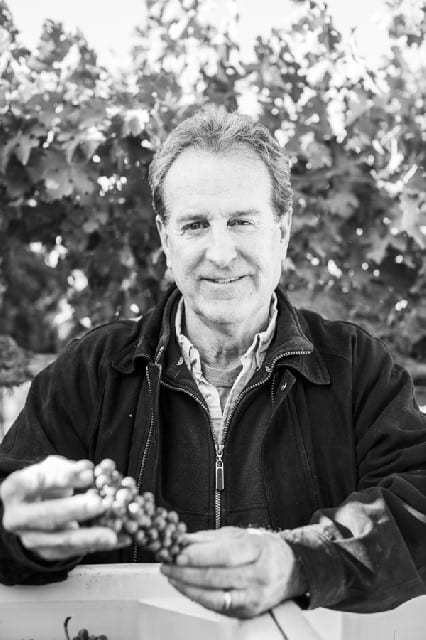Wine’s Most Inspiring People 2018: A Pioneer and Champion of Hillside Grapegrowing
This story originally appeared in Wine Industry Network. Since purchasing his vineyard at the top of Spring Mountain in 1970 and founding Smith-Madrone in 1971, Stuart Smith has become the leading voice of the hillside grower. While Smith believed that the best grapes come from the mountains, a hypothesis had been written that vineyards on hillsides are detrimental to the land. In response, Smith began arguing in favor of hillside vineyards and land-use issues. Being the leading voice was “thrust upon me,” Smith shared. “It was not my intent. When I first got a permit to log the property from Department of Forestry, I was warned that there would be protesters once I brought out a chainsaw.” Stuart Smith was born and raised in Santa Monica, California and moved to Berkeley in the 1960s for his undergraduate studies. It was at Berkeley that he realized that he liked wine more than beer, atypical for a college student. He became friends with people from the Napa Valley and over several years became enamored with wine and the Napa area. The seeds of his passion had been planted.
Stuart Smith was born and raised in Santa Monica, California and moved to Berkeley in the 1960s for his undergraduate studies. It was at Berkeley that he realized that he liked wine more than beer, atypical for a college student. He became friends with people from the Napa Valley and over several years became enamored with wine and the Napa area. The seeds of his passion had been planted.
25 January, 2018





